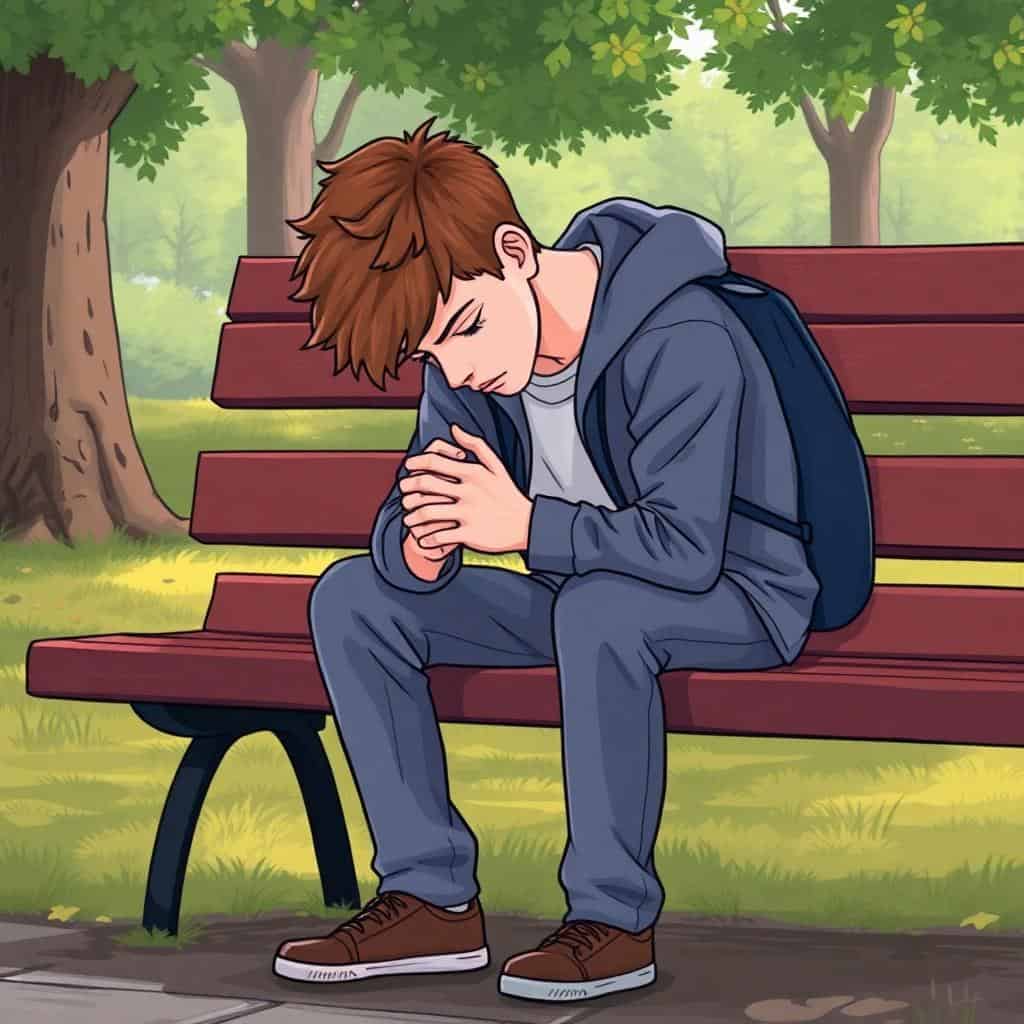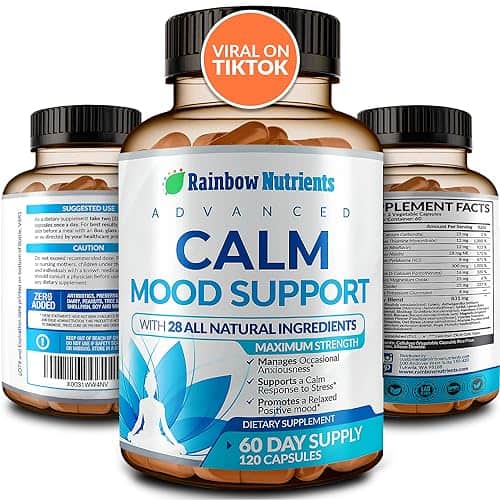How to Spot Stress and Why Getting Help Matters
Stress is something everyone experiences. It’s how our body reacts to challenges, making us alert and ready to respond. While some stress can motivate us to work hard or overcome obstacles, too much stress can harm us. If stress isn’t managed well, it can affect both the mind and body. That’s why it’s important to notice the signs of stress and take action early, including asking for help. Let’s learn how to spot the signs of stress and why getting help matters.
Key Takeaways:
- Stress is a natural response, but too much can harm both your body and mind.
- Watch for physical, emotional, behavioral, and mental signs of stress.
- Ignoring stress can lead to serious health problems, so seeking help is important.
- Manage stress by staying active, practicing relaxation, and talking to someone you trust.
- Asking for help is a sign of strength, not weakness.

Understanding the Signs of Stress
Stress doesn’t always look the same for everyone, but there are common clues to watch for. These signs fall into different categories:
- Physical Signs: Feeling tired all the time, having headaches or stomachaches, tight muscles, or finding it hard to sleep.
- Emotional Signs: Feeling sad, angry, or overwhelmed often. You may also feel irritable or like you’re on edge.
- Behavioral Signs: You might notice changes in your habits, like eating too much or too little, avoiding friends, or not doing things you usually enjoy.
- Mental Effects: Stress can make it hard to concentrate, remember things, or make decisions. You might feel like your thoughts are racing or your mind is “foggy.”
It’s okay to feel stressed once in a while. But if these signs happen often or don’t go away, it’s a good idea to talk to someone about it.
It’s crucial to recognize the signs of stress early on to avoid further complications. Understanding the signs of stress is vital for maintaining mental health. Identifying the signs of stress early can lead to better management techniques. Taking the time to recognize the signs of stress can improve your quality of life.
Why It’s Important to Get Help
Ignoring stress can make things worse. Over time, too much stress can lead to bigger problems, like anxiety, depression, or health issues like high blood pressure. Asking for help doesn’t mean you’re weak; it means you care about your well-being. Learning to manage stress early helps you feel better, stay healthy, and enjoy life more.
When you notice the signs of stress, it’s essential to take immediate action.
Talking to someone, like a parent, teacher, counselor, or trusted friend, can make a huge difference. They can give advice, listen, or help you find ways to feel less stressed.
Ways to Handle Stress
There are many ways to ease stress and feel calmer. These tips can help:
- Take Breaks: Spend time doing things you enjoy, like drawing, reading, or listening to music.
- Exercise: Moving your body helps release tension. Even a short walk can improve your mood.
- Relaxation Techniques: Try deep breathing, meditation, or stretching to relax your mind and body.
- Stay Organized: Keep a planner or make a to-do list so you don’t feel overwhelmed by tasks.
- Healthy Habits: Eat regular meals, get enough sleep, and drink plenty of water.
- Talk It Out: Sharing your feelings can be very helpful. Sometimes, just saying what’s on your mind makes it less scary.
- Set Boundaries: Learn to say “no” when you’re too busy, and make sure to leave time for yourself.
It’s important to remember that you don’t have to fix everything on your own. Getting support can help you feel stronger and more in control of your stress.
Always be vigilant for the signs of stress to ensure you can manage your mental health effectively.
Ultimately, understanding the signs of stress can empower you to take control of your emotional health.
If you’re feeling stressed out, here are some places you can go for help:
- Counselors or Therapists: These are people trained to talk about your feelings. You can meet them at their office or online. You can find them through websites or ask your insurance company for names.
- Doctors: If you’re really struggling, your regular doctor might be able to help or send you to someone who can.
- Community Centers: Some places have clinics where you can talk to someone about stress without spending a lot of money.
- Support Groups: These are groups where people talk about similar problems. You can find them in person or online.
- Apps and Websites: There are apps like Calm or Headspace that help you relax. Websites like BetterHelp can connect you with a therapist online.
- Work or School Programs: If you have a job, your company might have a program to help with personal issues. Schools usually have counselors you can talk to.
- Emergency Hotlines: If you need to talk to someone right away, you can call or text 988 in the U.S., even if you’re just stressed and need to talk.
- Learning on Your Own: Books about stress or classes online can teach you ways to feel better.
- Relaxation Techniques: Activities like yoga, meditation, or even acupuncture can help calm you down. You might find classes in your area or do them at home with online videos.
When looking for help, think about whether you want to talk to someone in person or online, how much you can spend, and how soon you need to talk. It’s really good to get help with stress because it can make you feel better in your mind and body.
You can’t avoid stress completely, but you can learn how to handle it. Recognizing the signs and taking action can make a big difference in your happiness and health. Remember, you’re never alone—help is always available. You can also, you can try supplements as a way to manage stress.






